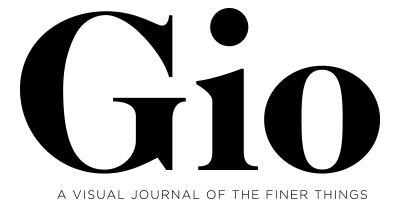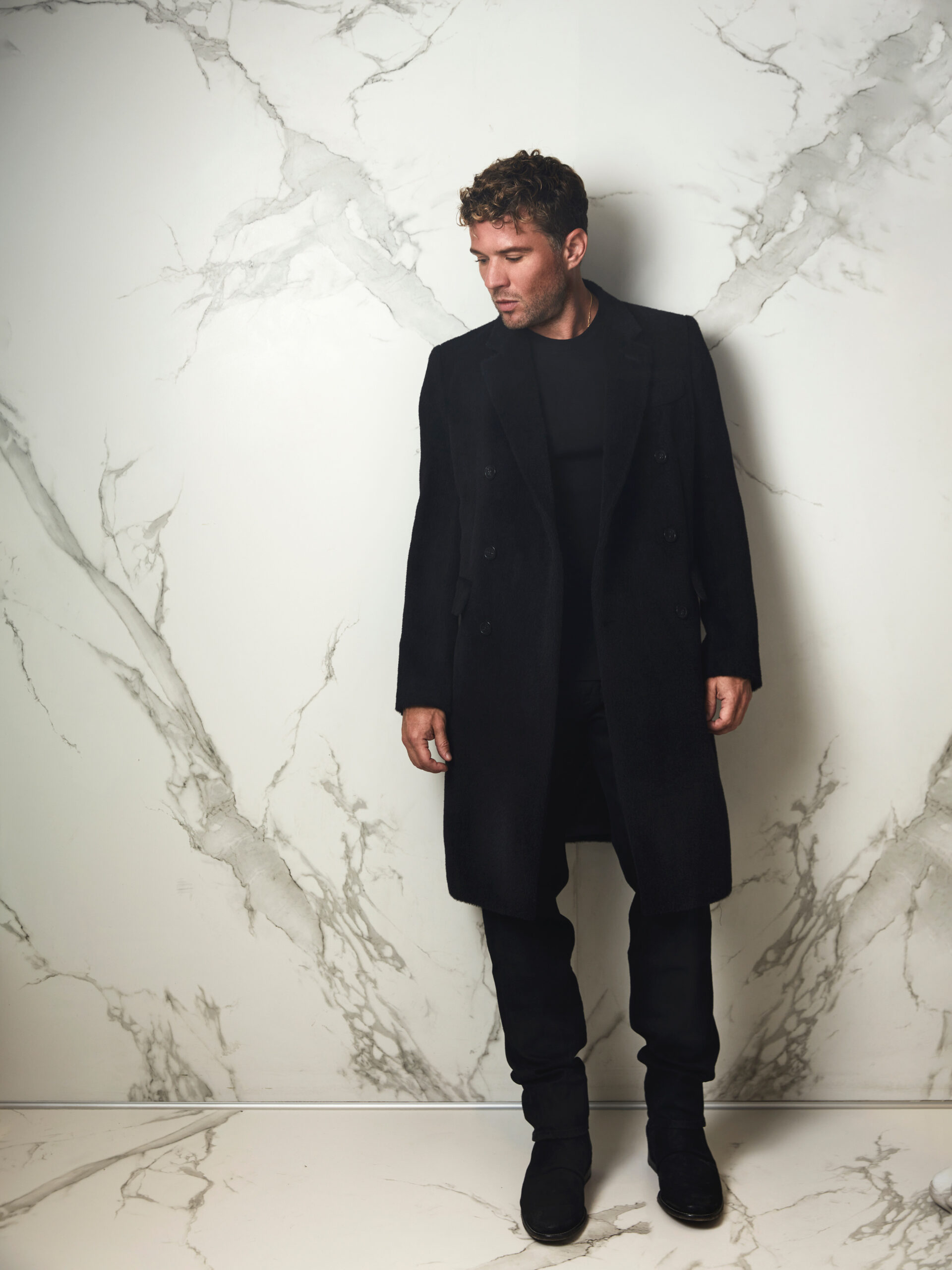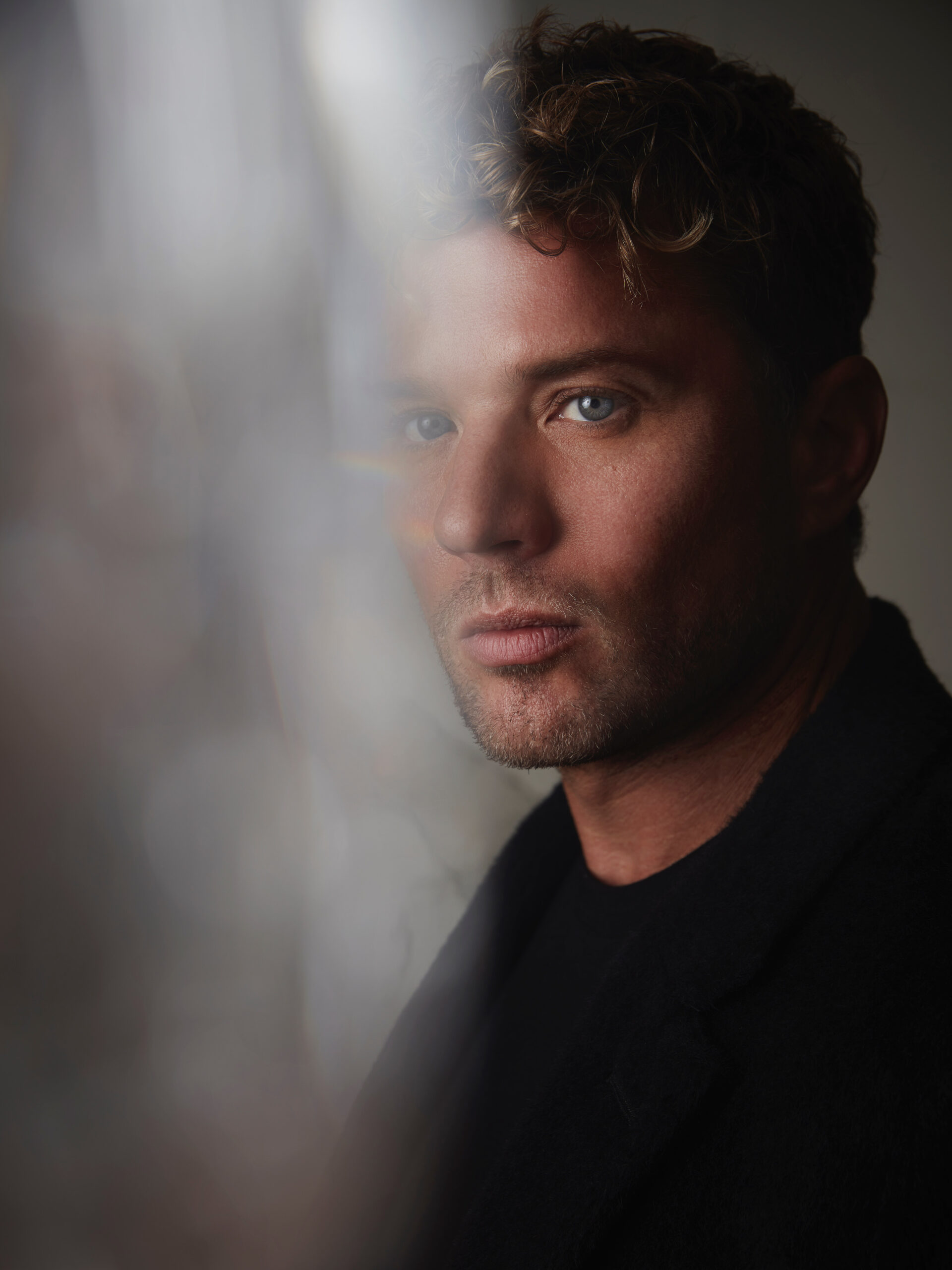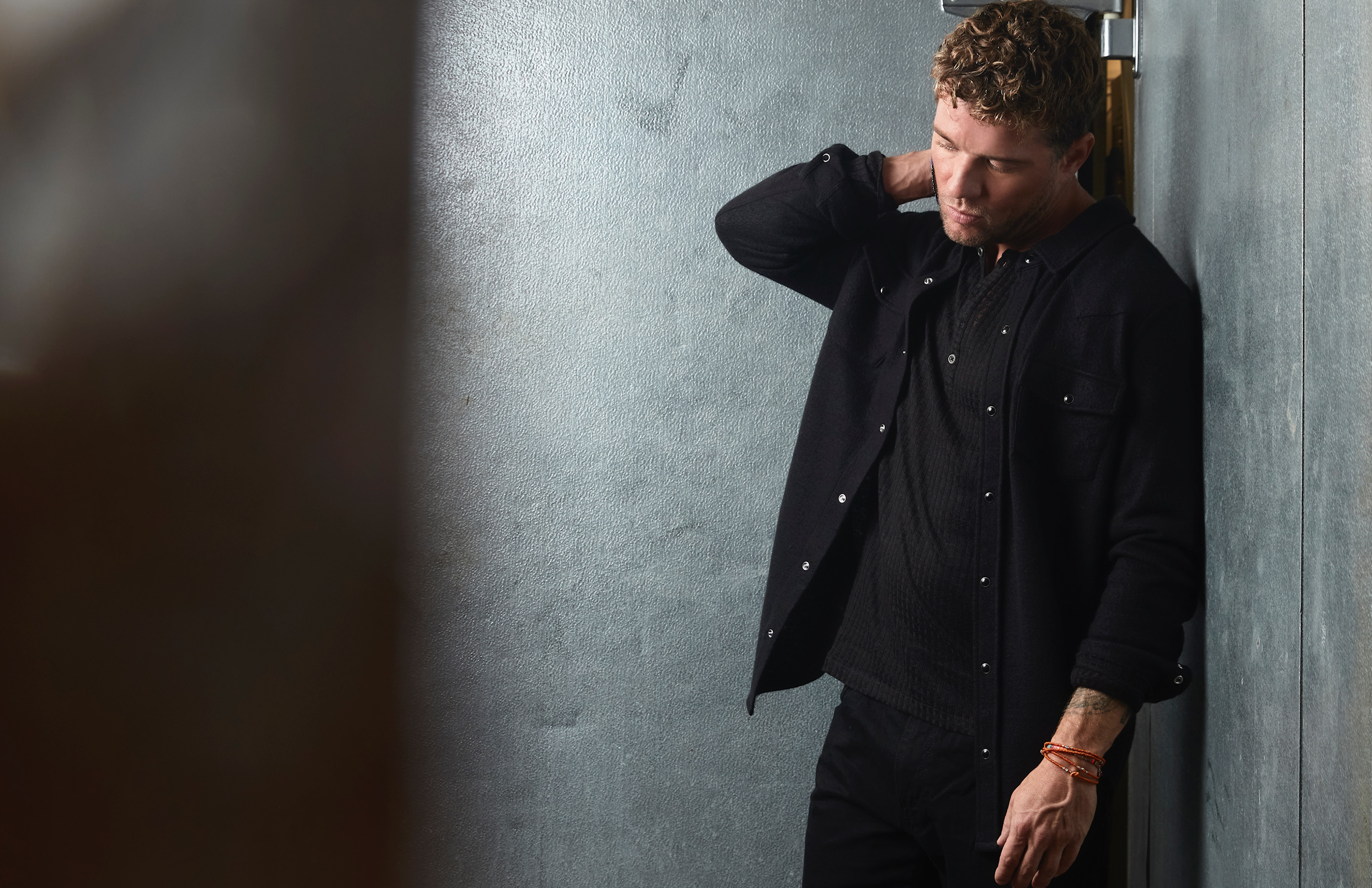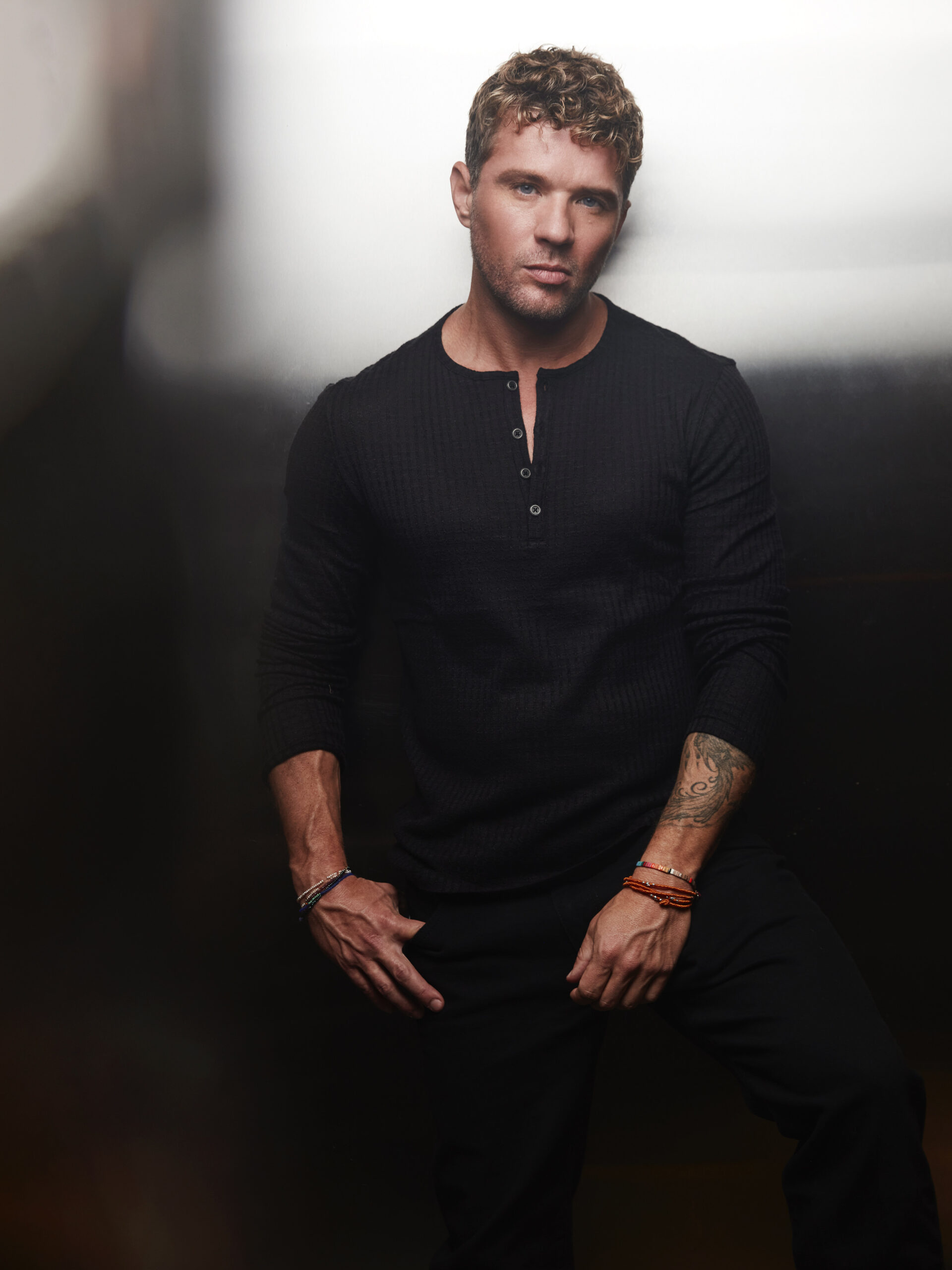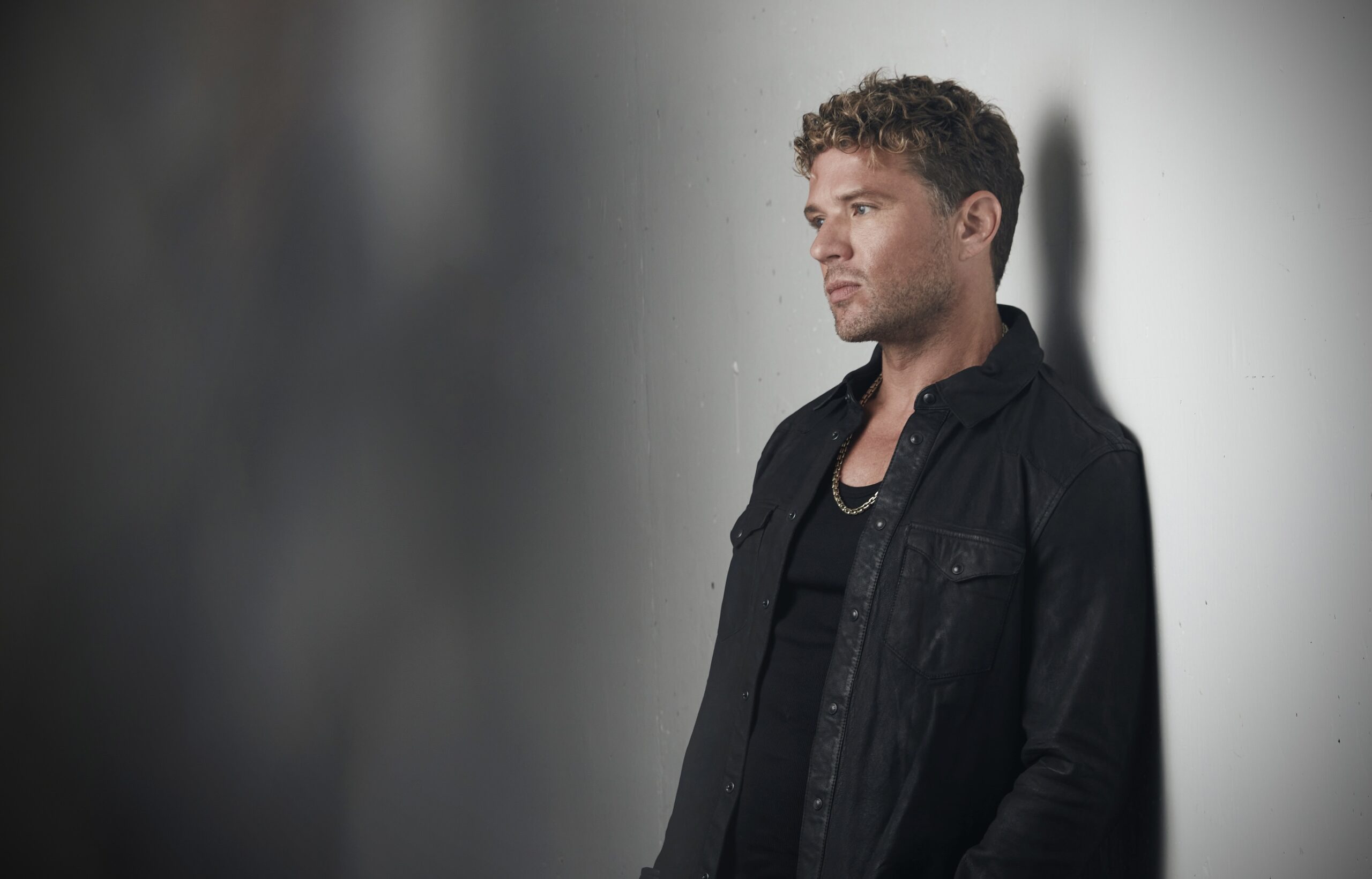R Y A N P H I L L I P P E
Interview} John Russo
Photographs by} John Russo
Grooming by} Stephanie Hobgood
Styling by} Warren Alfie Baker
Location} The Hideaway, Beverly Hills
Produced by} Photohouse Productions
JR: You have had such an awesome ride in your career, from I Know What You Did Last Summer, a cult classic, to 54, which I love, and Cruel Intentions, Lincoln Lawyer, all of which are favorites of mine. How do you stay in the game this long without burning out?
RP: It’s interesting; I feel like there have been periods where I did burn out or come close to it. I have been doing this now for over 30 years, which is crazy. And over the course of a 30-year career, you have peaks and valleys in almost any business that’s bound to happen. But particularly in this one. And with the way things have changed over the last ten years, there have been times, not so distant times, where I have contemplated doing something different with my life, and that is sort of why I had begun to branch out into the hospitality space, because as much as there’s aspects of entertainment and being an actor that I still do very much love, it’s not rewarding on the same level, just because of the fact that there are so many streamers now and the market is flooded with content, and it feels like to get something to resonate is even more difficult than it was when I first started out. And so I have come close to burnout. But then you will have these experiences of the kind of to restore your passion and your energy; I mean I sort of had on Summit Fever, the mountain climbing movie that I have out now, where it kind of brought me back to where I was 19 years old, on location on my first film, a big film set and remembering how special those experiences can be at times. For instance, doing Summit Fever brought me back to my first film White Squall, which I did with Jeff Bridges and was directed by Ridley Scott, because we were in a very unique location, in White Squall, it was the Caribbean, and we were shooting a movie on the seas, it was a true story about a boat of boys, a boy’s school on a boat that got overturned during a major storm. And in Summit Fever, we were shooting during COVID in Chamonix, France, on top of Mont Blanc, which is one of the biggest mountains in the world, but we had it entirely to ourselves; just our film crew was allowed up there because France had very, very strict COVID rules and laws. And there was a moment where even after all this time, I was looking around at the beauty of this place that we were filming and thinking to myself this is my job, and how lucky am I? It’s nice to have moments like that that keep you from going all the way into burnout territory, over the course of a 30-year career, you need those moments to keep you going.
JR: In Summit Fever you play a mountaineer. So is a mountaineer a rock climber, is it the same thing?
RP: Well they are kind of the same thing; a mountaineer is maybe the more professional term for it, like one who is a guide, who teaches others. You can be a rock climber who does it as a hobby and those sorts of things, but that doesn’t necessarily make you a mountaineer. I think you have to have a certain number of years under your belt, you have a certain amount of summits that you have completed to be really referred to as a mountaineer. The guys who trained us, guys and girls, I think there were a couple of women that were involved in the training as well, but those are real mountaineers who take groups and are guided in the mountain for people who want to challenge themselves, and they want to step to another level in regards to climbing. And one of the reasons I took that job specifically was mountain climbing, something that I always wanted to try or learn, and I never had a chance, and I never knew anyone who was that proficient at it. So I read the script for Summit Fever and I really liked it; I really liked my role. But the big enticement for me was learning how to actually rock climb and it was terrifying and exhilarating and something I will continue to do. I mean, the first training climb was one of the scariest things. So we would progressively do more and more as you developed an aptitude and ability for it, but the first climb and what they call it is a training wall, I mean it’s outside it’s a real mountain, but it’s where people warm up or kind of get to know their equipment before they start heading to the bigger peaks. And on that first day, we get a good couple of hundred feet up this wall, which is high, but you are on a rope, and so you make your peace with all of that, with the disorientation and all of that. But my guide was climbing ahead of me and latching on, and then I would use wherever he latched onto to get to the next point; he reached a point where I could no longer see him, there was a little overhang, and I was under it, and I couldn’t make eye contact with him. And he was, at this point, about a hundred feet above me, and I could not, I looked at the wall, and I could not figure out where to go next; I couldn’t figure out where my fingers could get enough of a hold or where I could cram my toes into, and my brain started to short circuit like I really went into panic mode because I am like am I going to have to yell out to him that I can’t do this, to the point where my body started involuntarily shaking and my legs started trembling like in a way that I never really experienced. And I was so close to a full-on freakout and I just started calming myself through breathing, trying to recenter, refocus, and logically telling myself he just did it, he just went through this area, you can figure this puzzle out because that’s very much an element to rock climbing, is like a puzzle, because nothing looks obvious when you get to an area of difficulty, nothing looks, because it’s a mountain, it’s not made with hand holds and foot holds. And so I really had to go inward and breathe deep and kind of calm my body first. And then, very shortly after I stopped shaking, I found a path that could take me up, but that moment of freakout, where you really have to bring yourself back from the brink, is so wild.
JR: So have you worked with any of the people in this cast before?
RP: Not on Summit Fever, no. The other movie I have out right now American Murderer; I worked with Jacki Weaver on a film years ago that has a really nice cast as well, American Murderer. But on Summit Fever, I hadn’t worked with anyone prior.
JR: So that leads me to a really interesting question. Have you ever been in a situation where you worked with an actor for the first time, and they are simply not getting it, and you feel by their not getting, it could affect your performance? What do you do in a situation like that?
RP: Well it’s interesting. I’ve had situations like that come up over the course of my career; it’s pretty rare. I mean usually by the time you get on set, people are so heavily vetted regarding their auditions and callbacks and usually have time with the director. What I do in a situation like that would be to discreetly have a conversation with the director to take their temperature and see if they are feeling like I am. And then there is an element where actors sometimes we are asked to act opposite a tennis ball on a pole, it’s like you got a green screen and you have got to imagine this massive castle behind you that doesn’t exist. So there is an element of self-possession that can protect you as an actor at times when I know it’s what I am there to do. I know what should come out of this scene, particularly from my end. And at a certain point, your preparation and what you plan to do with the characters sort of supersedes sometimes your scene partner. I mean it’s great to work opposite a great actor and yes that’s certainly improved, the same thing on a sports team, you are only as good as the people around you to some extent, but a star receiver on a football team is still going to make plays even if those around them are not. And so that’s partially how I would handle it. And then you just hope that the director steps in or you have a really good editor.
JR: So in your next project American Murderer, you play a special agent who is trying to capture/kill a top ten fugitive. Have you heard about this guy Jason Derek Brown before being offered this role?
RP: I actually hadn’t and I am someone who occasionally will look at the Top Ten Most Wanted out of curiosity or interest. And somehow, this story, even though the events, the murder that he committed took place in 2004, I feel like it would have been on my radar but it wasn’t. But what’s odd about, there’s many things odd about him and his case, and he’s still at large, and that’s a whole component to people getting to see this movie is maybe it brings them to justice, maybe people will finally find out where he is, there’s a lot of theories that he may be in Australia, he may be in Mexico. But at the time in 2004, when he was on the Top Ten Most Wanted list, he was on the list with Osama Bin Laden, Whitey Bulger, and then in that list, you would see this blonde-haired, blue-eyed surfer guy, Jason Derek Brown, which is so interesting. And he’s not currently, even though he’s at large, he’s not currently on the list; bigger names have taken over. But no, it’s interesting, he was a con man, and he conned and hurt a lot of people before he actually committed the crime that he was accused of. It’s an interesting story, and the director Matthew Gentile, it’s his first time as a writer/director, I think he really did a hell of a job.
JR: How did you prepare for the role in terms of research, what was your process when you first accepted this role, how did you dive into it?
RP: Well there are a few different, there’s a TV series called American Greed that does true crime stories. I’ve always been kind of a true crime junkie; I love true stories, and I love playing real people as well. And in my career, I’ve played a fair amount of law enforcement, and military, I have done another movie as an FBI agent or two, maybe, so I have had a fair amount of training and access to people in that world. I never got to talk to the guy that I played in the movie cause I don’t think he was allowed to because it’s still an open case. He just in fact, retired, I think, a week or two ago. But there was a lot to read about the case. When you do work with men and women who are agents, which I have in certain capacities, you pretty clearly and quickly understand who they are and how they see the world, and how they approach a case. And so I brought with me a lot of past experience and preparation. And then there were, as I said, a few things that you could read or watch on the internet about the case.
JR: The entertainment industry has adopted this you are with us or against us mentality, meaning if your views are not aligned with Hollywood’s current socially acceptable opinion, you are canceled. How have you navigated such a turbulent time?
RP: This question is a major change up, but interesting and worth talking about certainly. I think that just because you are a celebrity doesn’t mean that you have to be a mouthpiece in any capacity. I grew up in a time and a generation where people kind of kept their political views somewhat to themselves, to the extent of like my parents wouldn’t tell other people who they voted for; it was a kind of private, it was seen as a private endeavor in some regards. We live in a time now where it’s the opposite of that, where you are almost kind of forced to publicly take a side. But I have resisted that. I registered when I was 18 as an Independent, and I have remained such in my registration as a voter. I think that maybe the whole idea of less is more, and I think that when there are causes that are important to you. I support like the Innocence Project and Hidden Heroes, Innocence Project works on cases with people that were wrongfully convicted or wrongfully accused and does legal work on their behalf. And Hidden Heroes is a military charity for veterans. And I will be vocal about those issues that are important to my heart. I feel like world politics and US politics are such a mess that I don’t see how my voice is going to have any effect one way or the other, really. I think that we are in such a quagmire of dissent and anger and identity or vanity politics to some extent that I just would rather refrain from stepping into those waters or getting too vocal in regard to politics because I personally think the majority of it is a joke and that however, the two sides hate each other as much as they do, there are not that many great dissimilarities. Back in the day, they used to say it was like sort of choosing between Pepsi and Coke, and to me, I don’t heavily disagree with that. I think that there’s corruption on both sides, I think there’s indecency on both sides, and so I choose to remain independent.
JR: So social media is a blessing and a curse; it allows fans to get closer to celebrities, allowing them into their world, but it also has its dark side with everything you say can and will be used against you. How have you dealt with the balancing act coming from a different generation, when we were young, we didn’t have this, and all of a sudden, it’s like everything is instantaneous, and everything you put out there, someone will do a deep dive to what you posted five years ago, and they will be like he said this on this day. And it’s like are you kidding me? So how do you deal with that as an actor?
RP: I think, firstly, social media is an elective. It’s not something that any of us are forced to do, and you can do it or embrace it to whichever degree you are comfortable with. And so I have a very hot and cold relationship with it, I will go long periods without posting, and then you do use it. I have met great new friends that I probably never would have met if social media didn’t exist, comedians that I like on Twitter and then they would reach out to me by DM, and then we would end up meeting for dinner, and then you end up with these real-life friendships. I find that aspect of it amazing, the fact that it does bring the world within your reach, no matter how distant or random it might seem to an individual; you have this access now that just didn’t use to exist. But I think the important thing for people to think about, and something that I have thought about from the beginning, is that when you fire off a Tweet that you wrote, you are publishing that for the world. We kind of think, oh, just because we do a few taps on our phone and press send that it’s nothing, but the reality of it is, the way that it can become amplified or reverberate or become misconstrued, is worth taking the time to think before you post something, about what you are publishing into the world. That’s, in some ways, extreme language, but it is truth in what is happening and what you are doing. I think again, it kind of goes back to my take on politics, where the things that I believe in, the things that I support, be it charitable causes, or companies that I am involved with or a film coming out, I am very comfortable with using it in those ways, again, to push an agenda or support one that you hadn’t fully vetted or you had gotten all the answers, or you haven’t arrived at a place of truth from your own standpoint regarding a certain thing, I think it’s just better to keep your mouth shut. Because what you might be inviting back could be so disruptive, and life is challenging enough, who needs to add gasoline to the fire? (laughter) It’s like you are trying to get through the day as a father, producer, actor, all these other things that I try to do, I don’t need, and I do think some of what gets people in trouble is boredom, and I think that sometimes we don’t think about the fact that celebrities or famous people could be bored, but they fucking are man, (laughter) that’s why they end up in DMs that get screenshotted. The whole notion, biblical notion of idle hands are the devil’s playground; I think sometimes being busy is a blessing in more ways than one because you don’t have the idle time to just kind of broadcast any thought you have, whether anyone wants to hear it.
JR: What’s next for you?
RP: Next, I am doing a really interesting thriller called Kalahari, which is about a doctor and his missionary wife in Africa who have to flee a certain area because there are warlords coming with the intent to kidnap them. And they fight and argue with a smuggler, with a rhino horn smuggler to let them on their plane. Forty minutes into the flight, the plane crashes in the middle of a wildlife preserve at night. The wife is bleeding out, the animals can smell blood, and it becomes a survival situation.
JR: When is this coming out?
I start shooting that in November. And then I’ve got a couple of other good movies coming out; I just finished a true story, another true story, period piece about the case that resulted in the Miranda Rights. So everyone knows what Miranda Rights are, but not many people know about the case. I play the flamboyant defense attorney who represented Miranda in 1966. And that’s another really good cast ensemble, an interesting movie. I have a movie coming out called The Locksmith with Kate Bosworth and Ving Rhames, a really good thriller again; I guess that’s my territory, (laughs) a guy fresh out of jail trying to reconnect with his daughter and ex-wife and then gets caught up in another sort of crime. And then after that, I’m doing a pilot for ABC for a new series, I have got a two-picture deal to do for Paramount, a movie, and a sequel concurrently, and then I think I am directing my second film, which is a small kind of genre movie, a horror movie in the Spring or early Summer.
JR: Well damn, you are busy as hell! I love hearing this.
END
